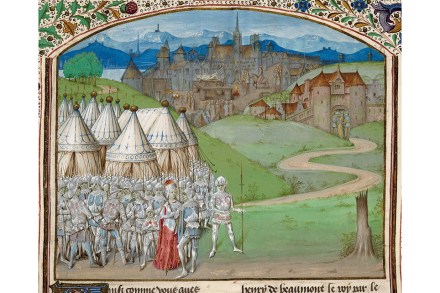Books of the year II – chosen by our regular reviewers
Andrew Lycett Describing how individuals get drawn, often haphazardly, into a bloody conflict such as the English Civil War is not an easy task. But Jessie Childs manages it superbly in The Siege of Loyalty House (Bodley Head, £25), which tingles with a discerning historical imagination. Lily Dunn’s memoir Sins of My Father (Weidenfeld & Nicolson, £16.99), about her mixed reactions to her beloved dad’s dive into a religious cult and subsequent alcoholism, is notable for its emotional truthfulness, sure sense of time and place and appealing tone of delivery. The novel which gave me most pleasure was Winchelsea by Alex Preston (Canongate, £14.99), a rip-roaring yarn about smugglers and




















